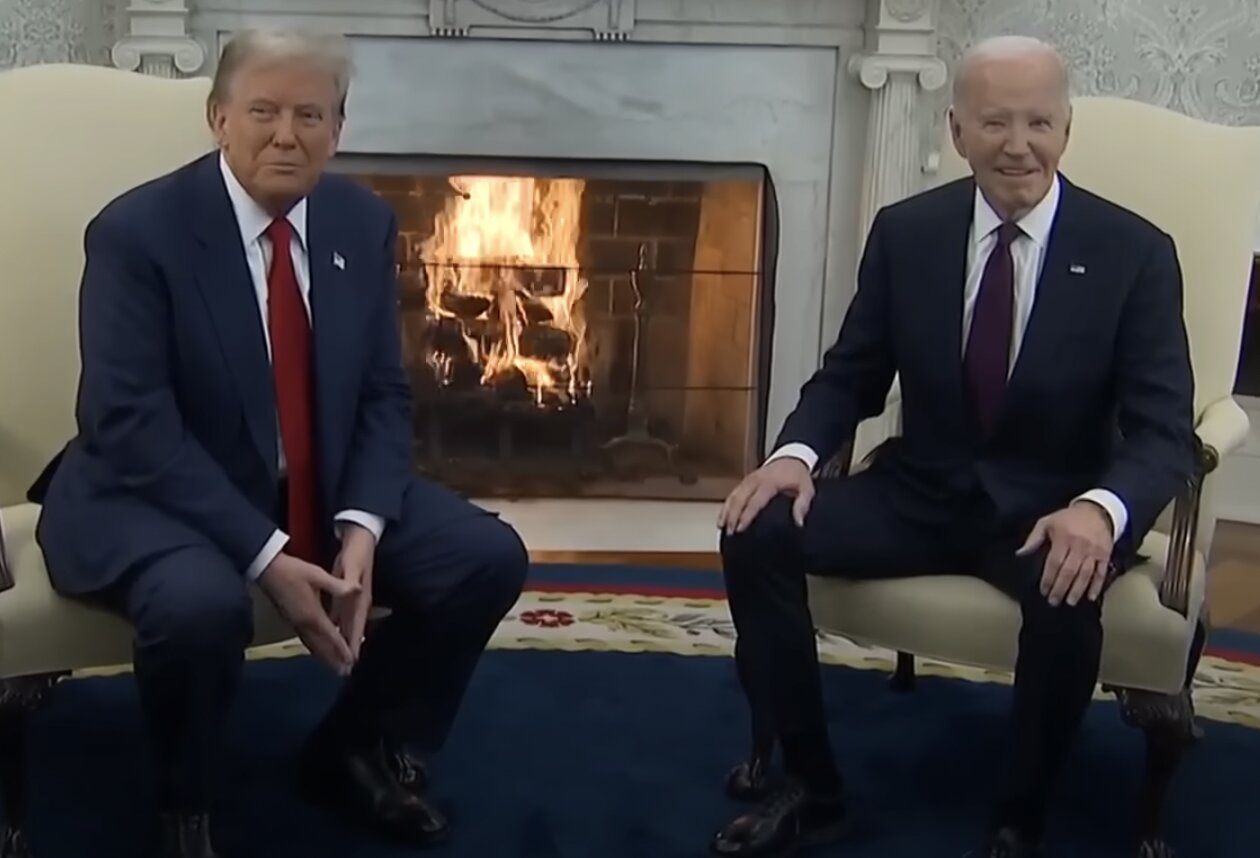The Trump administration has opted to maintain the stricter merger review guidelines implemented under former President Joe Biden, signaling an unexpected continuity in antitrust enforcement.
This decision, announced by the U.S. Department of Justice (DOJ) and the Federal Trade Commission (FTC), underscores a commitment to rigorous competition oversight, contrary to expectations of a regulatory rollback, Bloomberg reports.
A Commitment to Stronger Enforcement
In a move that surprised both business leaders and policy analysts, the DOJ and FTC confirmed on Tuesday that they will uphold the 2023 merger guidelines. These rules, originally designed to curb anti-competitive practices, were part of a broader effort under Biden’s administration to prevent corporate consolidation from harming market competition. The decision aligns with the Trump administration’s broader “America First” economic strategy, emphasizing law enforcement over regulatory intervention.
Mike Davis, head of the conservative legal advocacy group Article III Project and a key Trump ally, reinforced this approach, stating, “The Trump Antitrust Division and FTC will serve as tough enforcers, and they will work closely together to deliver results for the American people.”
Business Community Backlash
The decision has drawn criticism from business groups, including the U.S. Chamber of Commerce and the International Center for Law and Economics, which argue that maintaining these stringent guidelines will stifle merger activity and place American firms at a disadvantage in the global market. These critics had anticipated a more lenient regulatory environment under Trump, in contrast to the Biden administration’s aggressive stance on corporate consolidation.
Rare Policy Continuity Across Administrations
Antitrust enforcement has emerged as a rare area of bipartisan agreement. During Trump’s first term, his administration initiated lawsuits against major technology firms such as Google and Meta, alleging monopolistic behavior. Biden’s administration continued this trend by pursuing further legal action against tech giants, including Amazon and Apple. The retention of Biden-era merger guidelines suggests that the Trump administration remains committed to challenging monopolistic practices, despite broader policy differences between the two presidencies.
Legal and Economic Considerations
The DOJ and FTC’s approach to merger reviews is based on multiple criteria, including market concentration, elimination of competition, and vertical integration concerns. FTC Chair Andrew Ferguson emphasized that consistency in regulatory guidelines is crucial for both businesses and the courts. “If merger guidelines change with every new administration, they will become largely worthless,” he noted.
Similarly, Gail Slater, Trump’s nominee to lead the DOJ’s antitrust division, supported maintaining the guidelines, stating that their stability is essential for effective law enforcement. “When revisions are undertaken, a careful and transparent process should be used to ensure our guidelines maintain the stability needed for rules of the road to serve their purpose,” Slater wrote in a statement to Congress.
Impact on Major Mergers
Since their adoption, the 2023 guidelines have influenced key antitrust cases, including the successful FTC challenges to the proposed mergers of Kroger Co. and Albertsons Cos., as well as Tapestry Inc. and Capri Holdings Ltd. Courts have frequently cited these guidelines in merger rulings, reinforcing their legal significance.
Looking Ahead
While the Trump administration’s decision to retain Biden-era guidelines suggests continuity in antitrust enforcement, legal experts believe there is still room for adjustments in their interpretation and application. As Bill Kovacic, a professor at George Washington University, pointed out, “There’s a lot of discretion built into the guidelines, with freedom to make adjustments and affect the way they are applied.”
For now, corporate dealmakers must navigate a regulatory landscape that remains stringent, reflecting an enduring commitment to antitrust enforcement despite shifting political leadership.
